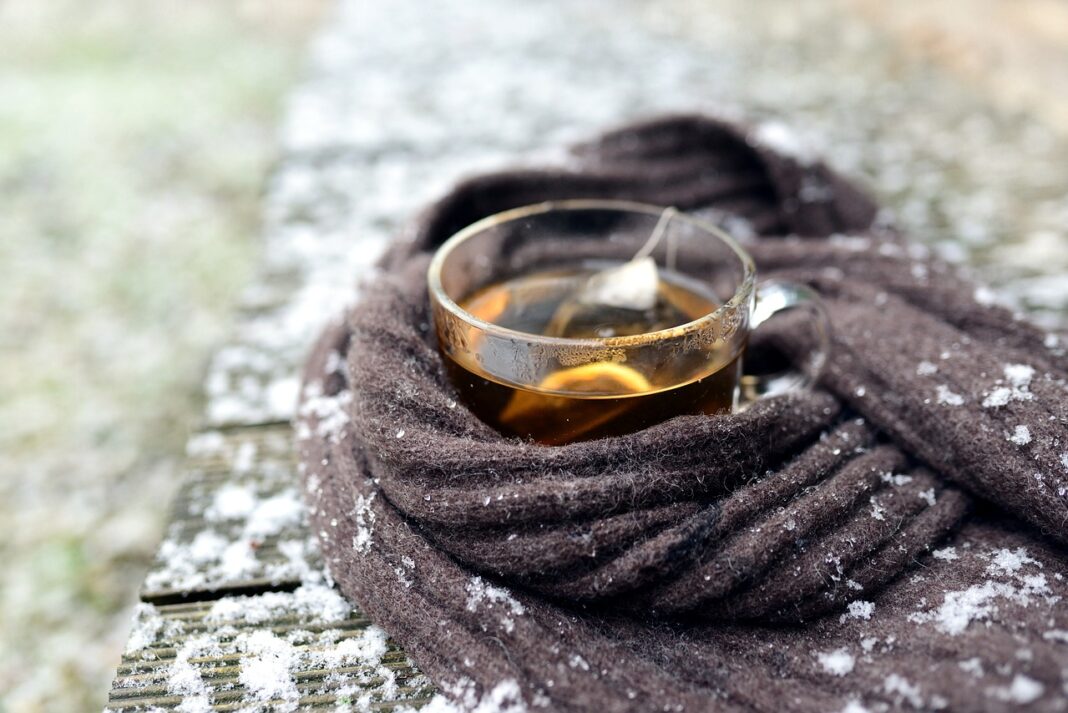By Siobhán Carroll
A cough is the body’s protective reflex, an attempt to eliminate foreign objects from the respiratory tract. It is quite common for a cough to accompany or follow a cold or flu.
A cold will often cause swelling and irritation in the throat and upper airways and the body perceives this swelling as an object, which it tries to expel by coughing. Mucus is produced by mucous membranes lining the respiratory tract in order to trap invading bugs, and this mucus can then to be expelled via a cough.
Cough remedies are amongst our oldest medicines, but first you need to identify what type of cough you have.
A cough can be productive or non-productive – a polite turn of phrase that describes how much or little mucus you bring up when you cough. A dry cough is a type of cough that produces little or no mucus or phlegm. It is very similar to a tickly cough and often, these terms are used interchangeably. Both dry coughs and tickly coughs are known as non-productive coughs.
A productive cough on the other hand, produces plenty of runny stuff. Chesty coughs, also referred to as mucus coughs, are characterised by the amount of mucus they produce. Your natural reflex is to cough up or ‘expectorate’ this mucus to help clear your chest.
Generally speaking, a cough suppressant will help to dampen down the irritation of a dry and tickly, non-productive cough. They work by soothing and reducing the urge to cough. A favourite herb for dry coughs is spruce or pine. Try Bronchosan Pine Cough Syrup to help relieve dry, tickly and irritating coughs, and for children over the age of four, A.Vogel’s Cough Spray for Kids. Both contain honey, which is naturally soothing.
If your cough is productive, you will need an expectorant to help bring up the excess mucus in your airways. Expectorants thin and loosen mucus from the respiratory tract, encouraging its expulsion. Ivy is an example of a herb that exerts an expectorant action, as well as being antispasmodic. Thyme, one of our oldest herbs, can also help to thin mucus and relax the bronchial tract, making it particularly helpful for hacking coughs and catarrh. And liquorice, another old favourite, is widely recognised for its expectorant properties. Bronchoforce Chesty Cough combines all three and is used to help relieve chesty coughs resulting from excess mucus or catarrh in the respiratory tract.
Hot water and honey can also help. Good quality honey, such as manuka honey or even better local honey from a beekeeper you know, can be soothing on your throat, which may be sore from coughing; it also has anti-bacterial properties. Add a slice of lemon for some added vitamin C and extra immune support.
If your cough is worse at night use extra pillows to raise your head slightly. This will help to prevent any mucus from collecting at the back of your throat and triggering your coughing reflex.
Whether your cough is productive or non-productive, staying properly hydrated will help to speed your recovery.
If symptoms persist or you cough up blood, do consult your healthcare professional or GP.
For further information contact Siobhán by email.

About Siobhán
Siobhán Carroll is a fully qualified clinical Herbalist and Naturopath based in Ireland. She runs her own clinic in Co. Clare and online via her website nerdynaturopath.com. She has 10 years of experience in the field of natural health, she also teaches yoga and meditation and is a lecturer at the College of Naturopathic Medicine.
Siobhán is also a cold-water sea swimmer, a loving mum and a massive Harry Potter fan. She has a deep connection with plants and is passionate about empowering people to look after their own health using the healing powers of nature.
Siobhán Carroll BA; Dip Nat; Dip Herb; MANP; MGNC
Follow Siobhán on Facebook and Instagram.
